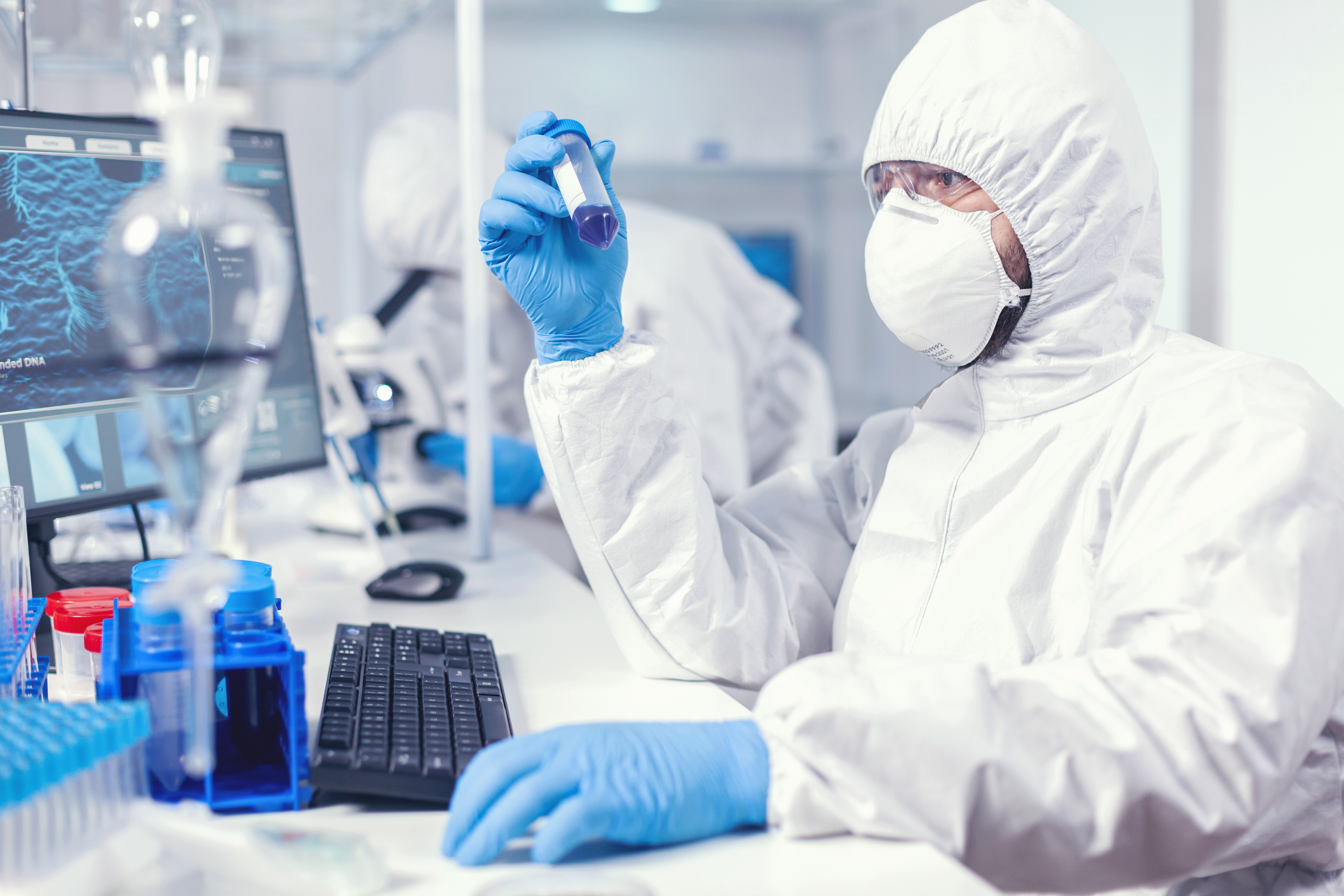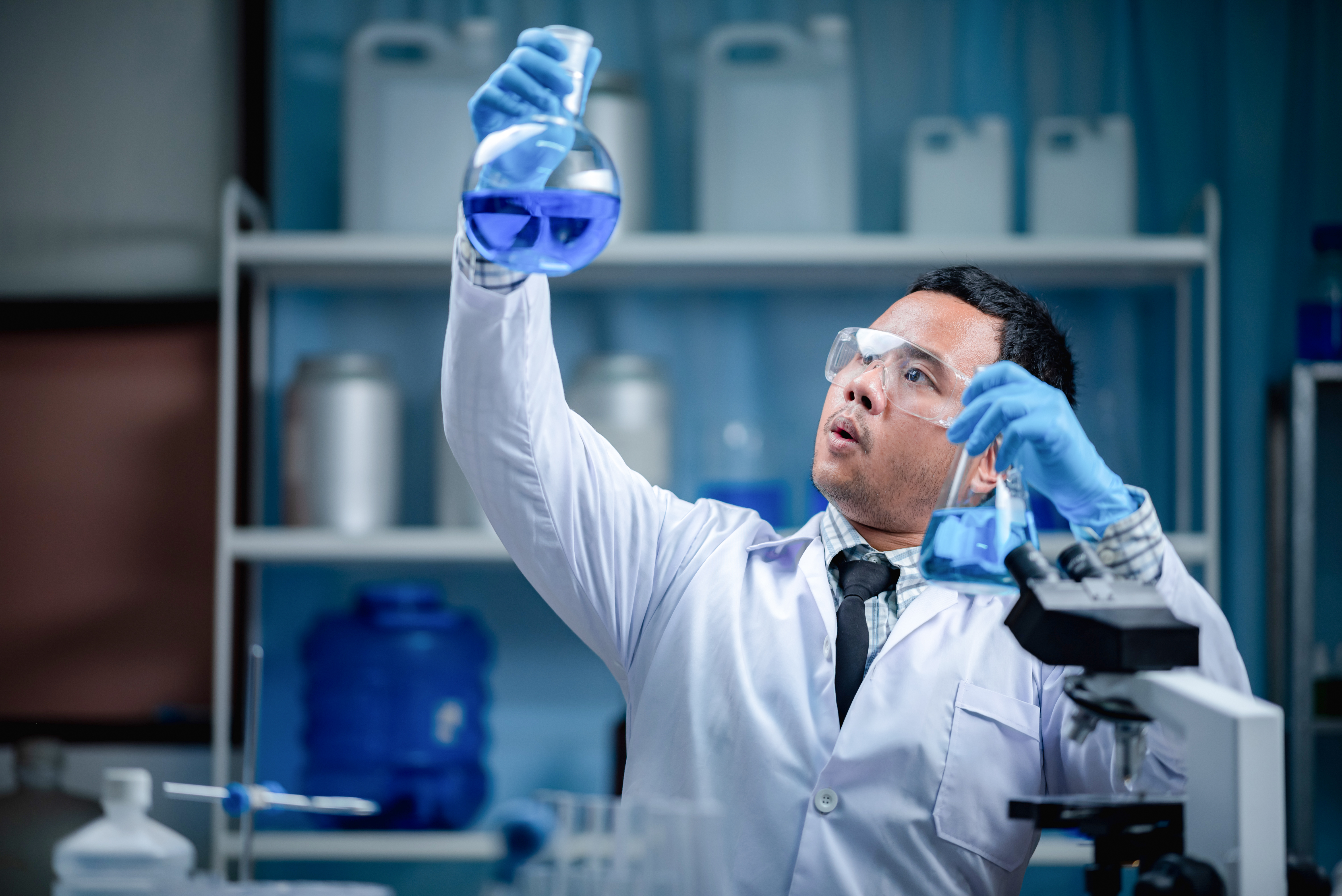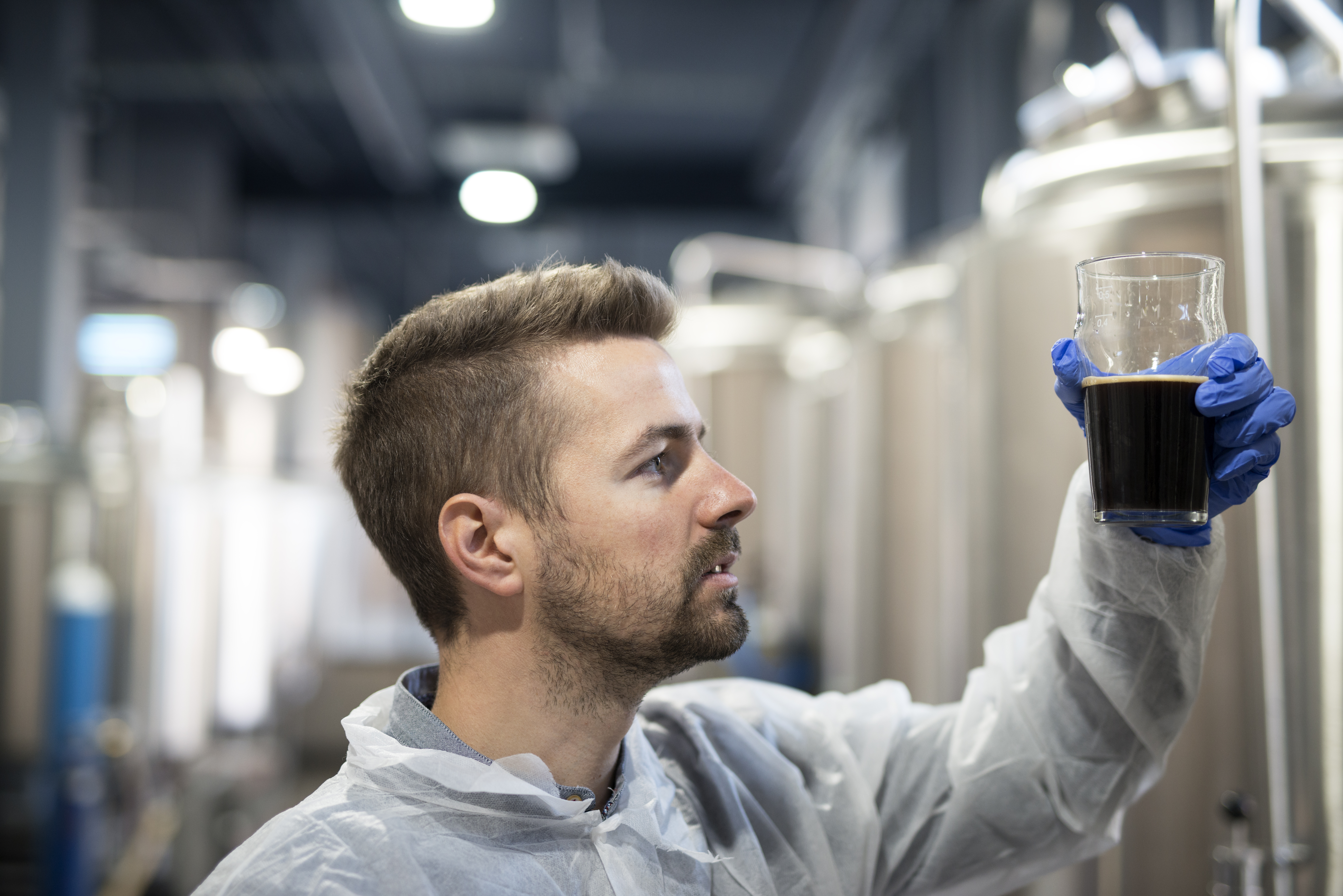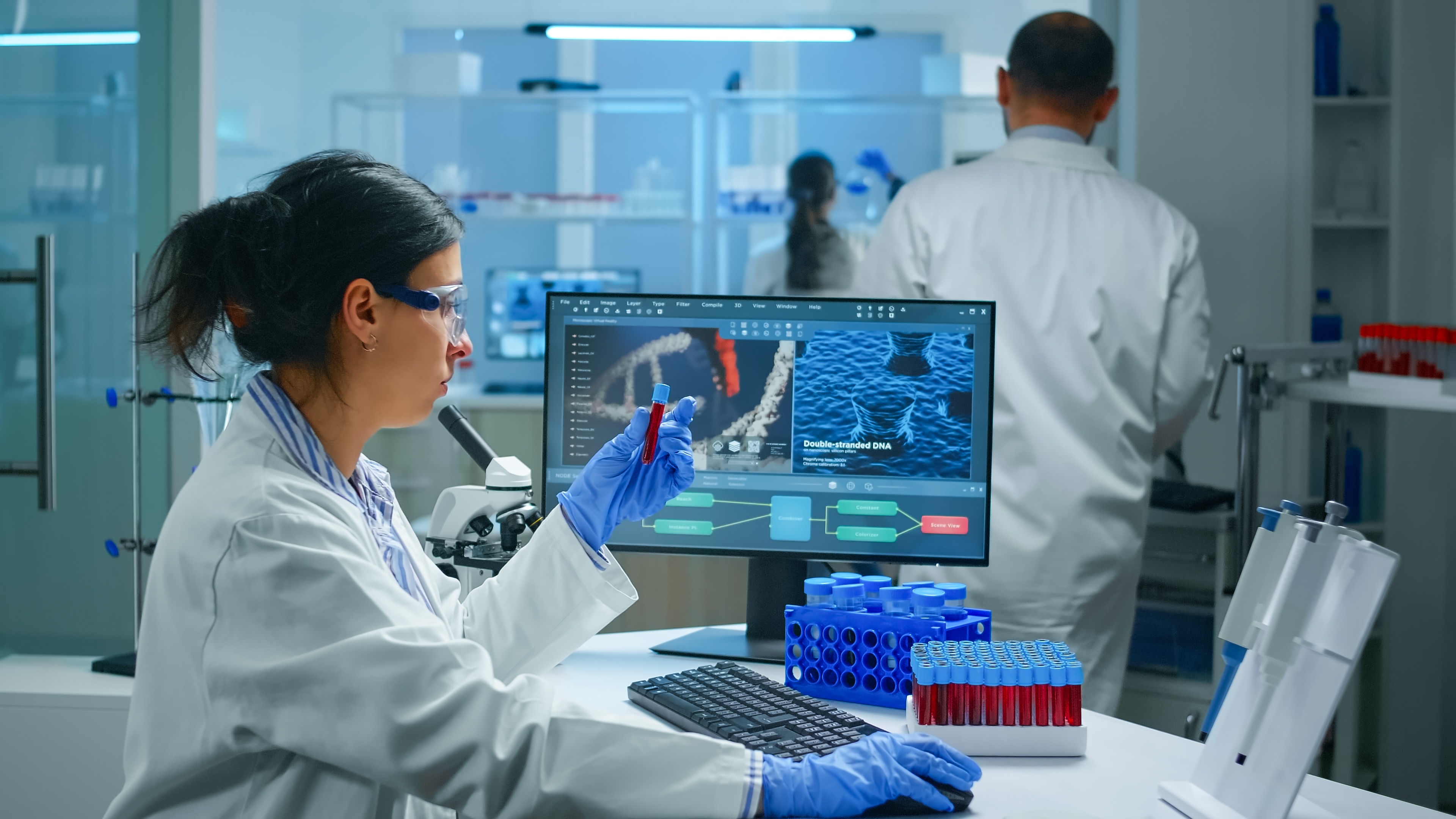Understanding Chemical Manufacturing Innovations: A Look at Sustainable Practices in Europe

Recently, the chemical industry has completely changed because of the increased need for sustainable solutions. The companies in Europe are beginning to implement new creative ways which not only improve production but also help us as global citizens in minimizing the damage done to the environment as we are already battling issues of climate change. This post looks at the latest advancements and changes in the field of sustainable chemical production and how the European companies are pioneers in making the world a better place.
Re-think how you view the concept of sustainable chemical production, it actually encompasses, and is defined by, variety of practices which includes waste minimization, energy saving practices and responsible resource utilization. It is even more fascinating that all these innovations have a central focus in the circular economy, lowing the need for virgin resources through a commitment to the recycling and reuse of materials. And the good news is that European manufacturers are beginning to embrace this model, and this is good news not only for the environment but for their economic robustness.
Developing a bio-based substitute for traditional chemicals is one of the revolutions taking place in the sustainable chemical manufacturing industry. Differing from standard petrochemicals, bio-based substitutes are made from renewable resources such as agricultural waste and plants. This transition not only minimizes emissions but also enhances the utilization of renewable feedstocks. For example, companies in Germany and the Netherlands are developing bio-plastics and bio-solvents for the production of more sustainable chemicals using a diversified approach.
Moreover, the rapid technological advancement in chemical production processes is assisted by advanced bio-based alternatives. Chemical manufacturing has witnessed improved energy efficiency and effective operational procedures with the embrace of automation as well as digitization. As an illustration, IoT and AI technologies are making it possible to remotely oversee production operations and make adjustments to minimize energy and material consumption. This enhances efficiency in the firm’s operations and ensures that the firm conforms to the environmental sustainability requirements.
In addition, a fundamental element of chemical manufacturing that is sustainable is the shift towards utilization of renewable energy sources. In Europe, several chemical plants are now changing their energy systems from dependence on fossil fuels to renewables such as solar, wind and biomass. This indeed aids in decreasing the carbon footprint, and on the other hand, gives energy security and decreases costs in the long term. The switch to renewable energy allows businesses to engage all operations in the context of supporting world sustainable development goals.
The other important aspect is collaboration and partnerships that are becoming a key driver of improved practices around chemical manufacturing. More and more European companies are now joining hands to develop solutions that are relevant to the industry and outreach every other player. Platforms such as the European Chemical Industry Council (Cefic) encourage cooperation between the key players, dissemination of best practices and innovation. Such collaboration not only enhances the sustainability of the individual companies, but also makes an impact on the development of the chemical manufacturing global industry.
Regulatory frameworks and government initiatives play a significant role in promoting sustainable practices in the chemical industry. Europe has placed strict regulations on companies in different jurisdictions which have an overall goal of lowering carbon emissions, making businesses conduct more green practices. The Green Deal of European Union and the Circular Economy Action Plan are examples of programs that have been set across the EU where the chemicals are not left out… They offer these options alongside international guidelines likely to enhance their growth in the sustainable manufacturing landscape.
Such regulations change the nature of competition in the industry, compelling firms to adopt truly sustainable practices or risk losing market share. European buyers are most willing to pay a premium for greater transparency and sustainability driven services, and companies have started to notice that. It also creates influence on other stakeholders, such as shareholders, to demand clearer information about any particular product, essentially what is its history behind its creation and how it affects the environment. In turn, this triggers considerable competitive pressure on firms Willing to demonstrate feasibility, a large number of European chemical firms are implementing sustainability-oriented mission statements to become world leaders in that horizon.
In such a case, it could be observed that Europe’s chemical industry has a bright future as there is a move towards more sustainable approaches to chemical fabrication. From bio- chemicals to tech arts, and renewable energy sources integration, European companies excel in innovations. Aiming at the circular economy and cross-company interactions makes them not only more competitive but also makes them more responsible for the future of our planet. Looking ahead, there’s little doubt the focus on sustainability will remain the central pillar of chemistry manufacturing and the innovations that will stem from this sector will provide a reference point for the rest of the industries globally.



